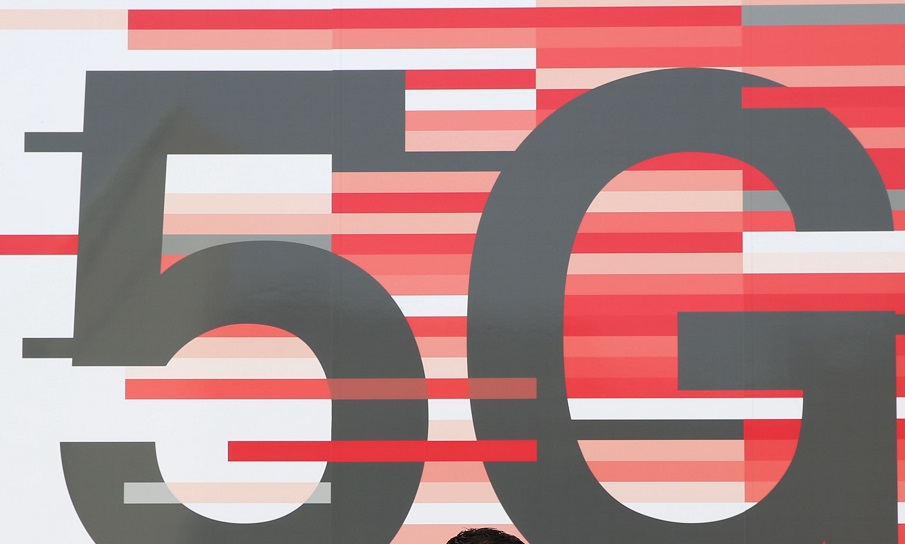EU issues guidelines on 5G security
Published : 30 Jan 2020, 01:27
The European Union (EU) issued on Wednesday non-binding guidelines on 5G security, urging its members to have measures in place and powers to mitigate risks based on EU coordinated risk assessment of 5G networks security.
In a toolbox for 5G security, the EU sets out detailed mitigation plans for each of the identified risks and recommends a set of key strategic and technical measures, which should be taken by all members states and the European Commission.
The strategic measures include regulatory powers, third party suppliers, diversification of suppliers, and sustainability and diversity of 5G supply and value chain.
Among the key measures it recommends the member countries to take are: strengthening security requirements for mobile network operators; assessing the risk profile of suppliers; applying relevant restrictions for suppliers considered as high risks, including necessary excisions for key assets; and ensuring that each operator has an appropriate multi-vendor strategy to avoid or limit any major dependency on a single supplier and avoid dependency on suppliers considered to be high risk.
The European Commission also requires measures to be taken to maintain a diverse and sustainable 5G supply chain in order to avoid long-term dependency, and facilitate coordination between member states regarding standardization to achieve specific security objectives and developing relevant EU-wide certification schemes.
A roadmap set out by the Commission envisions the first concrete measurable steps to implement the key measures by the member countries by the end of April this year, and a report on implementation of the measures be prepared by the end of June.
The adoption of the toolbox is a latest step forward to address the 5G security concerns of the member states when the United States has been blasting Chinese telecom giant Huawei for hypothetical threat to cybersecurity.
"The toolbox is an important step in what must be a continuous effort in the EU's collective work to better protect our critical infrastructures," said Margaritis Schinas, vice-president for Promoting the European Way of Life.
Europe is trying to find a balance between restricting the use of Huawei equipment and maintaining the momentum of developing the 5G networks across the continent. "Europe is not lagging behind," said Thierry Breton, commissioner for the Internal Market.


